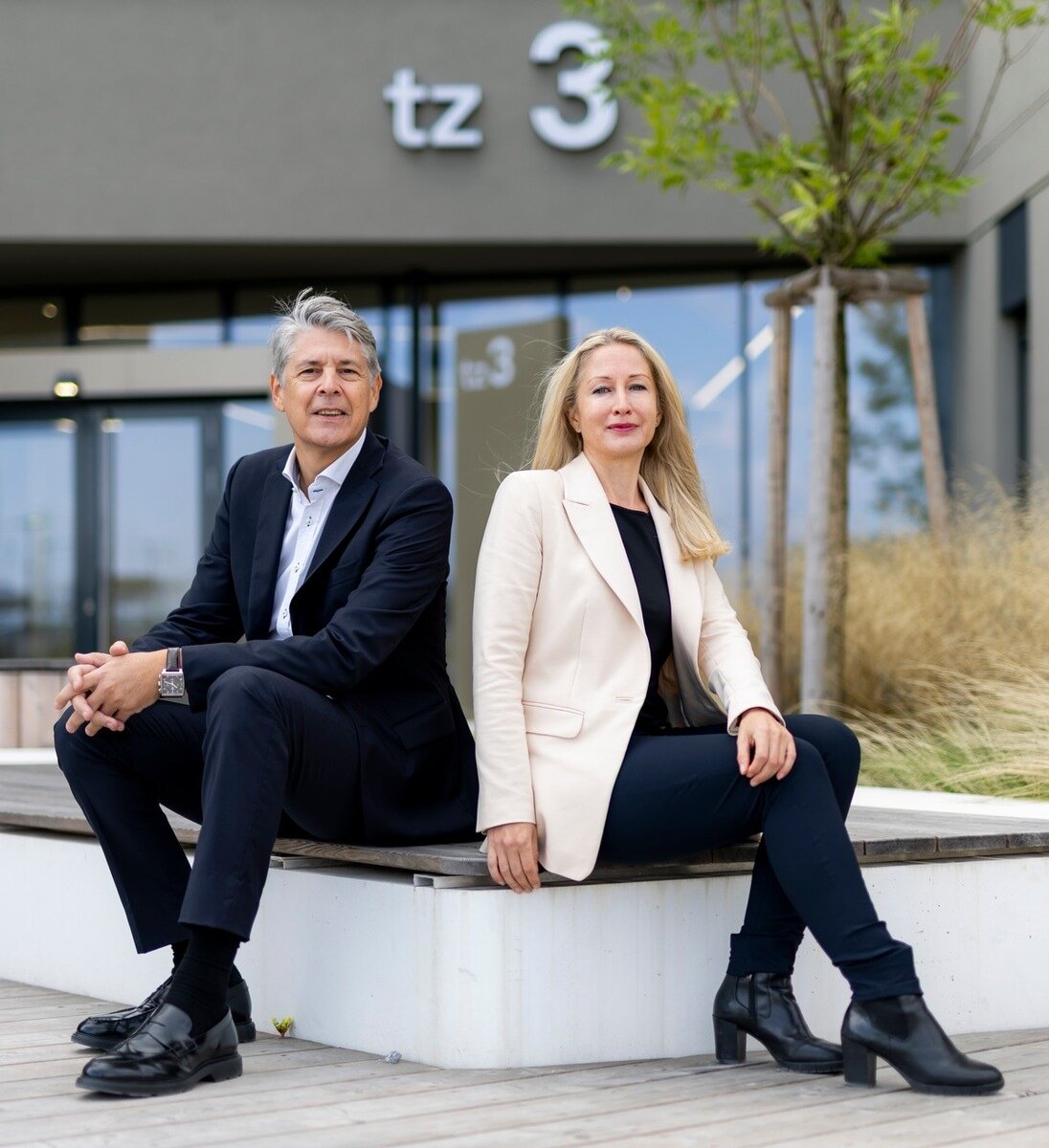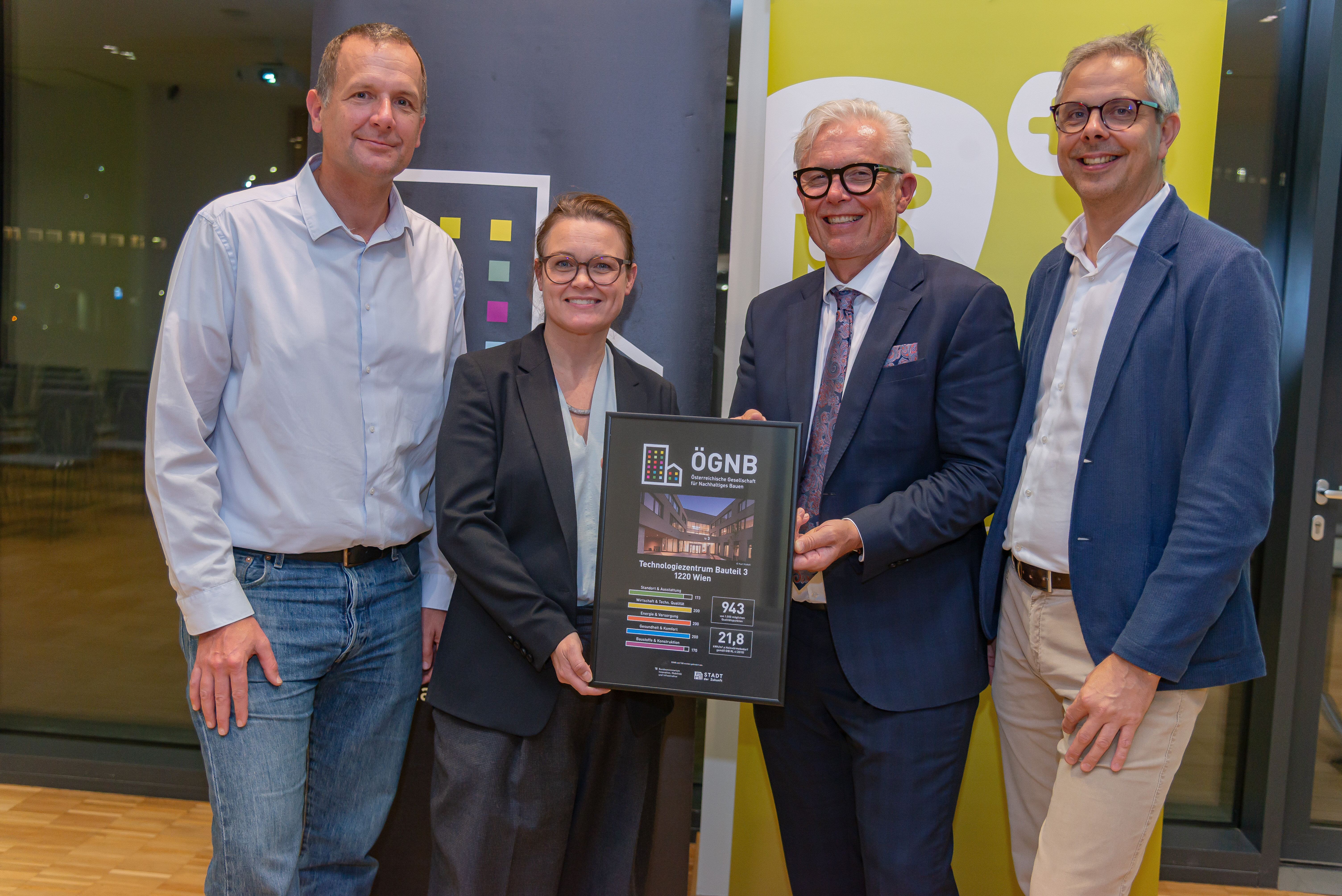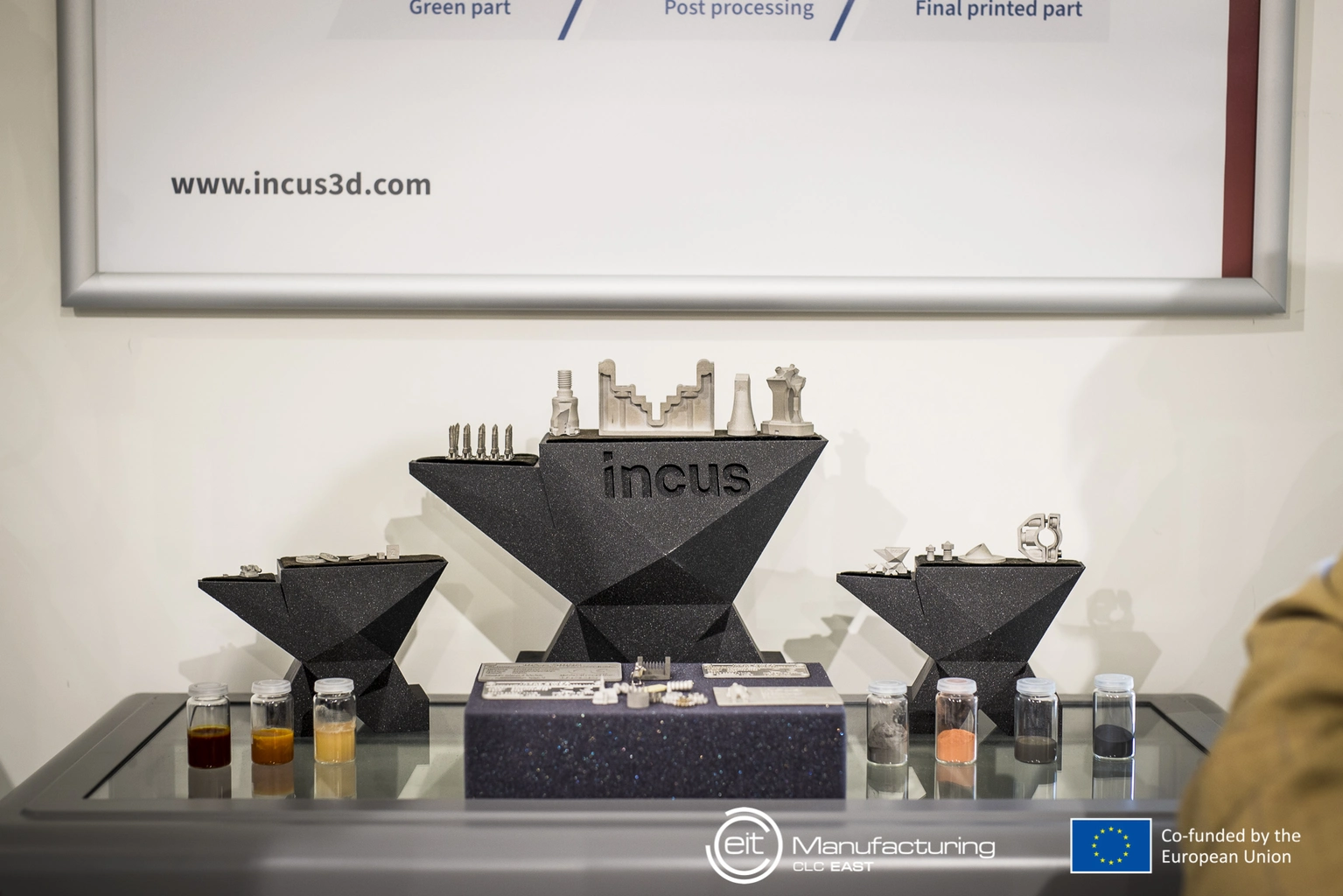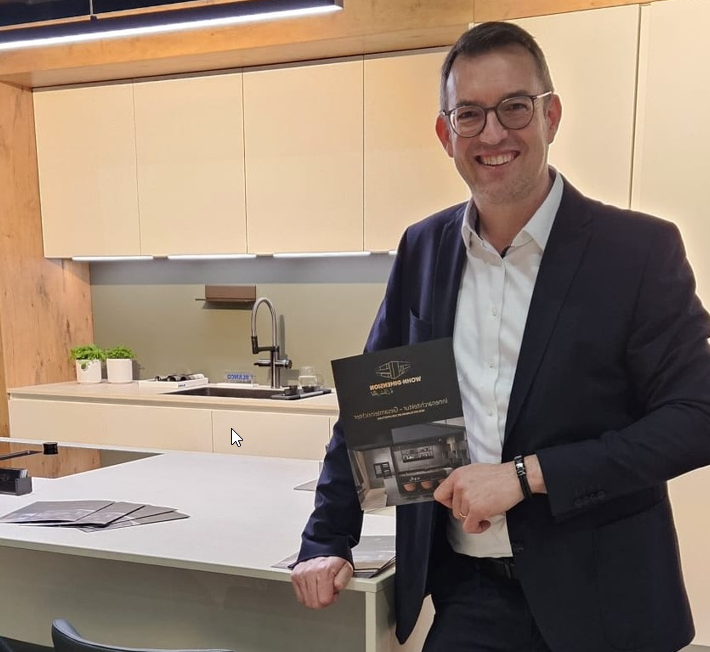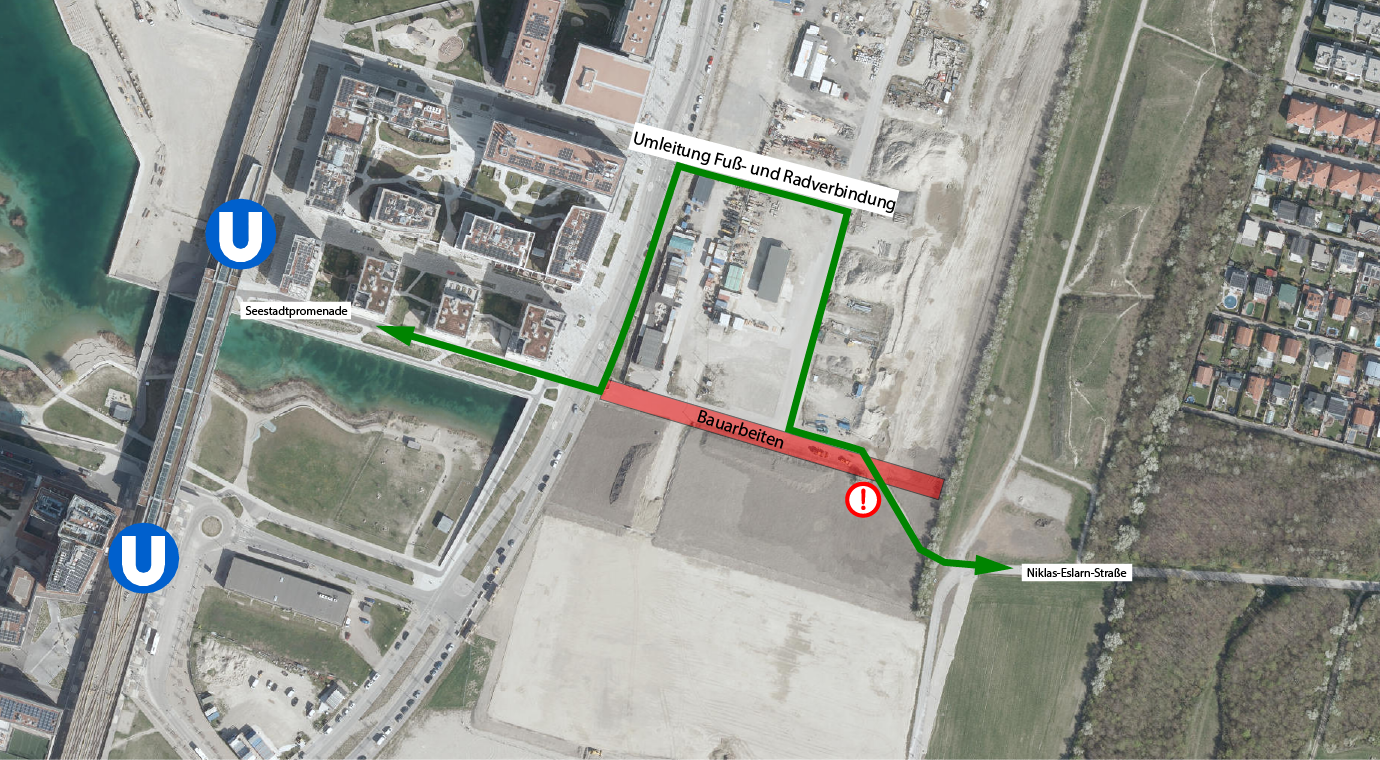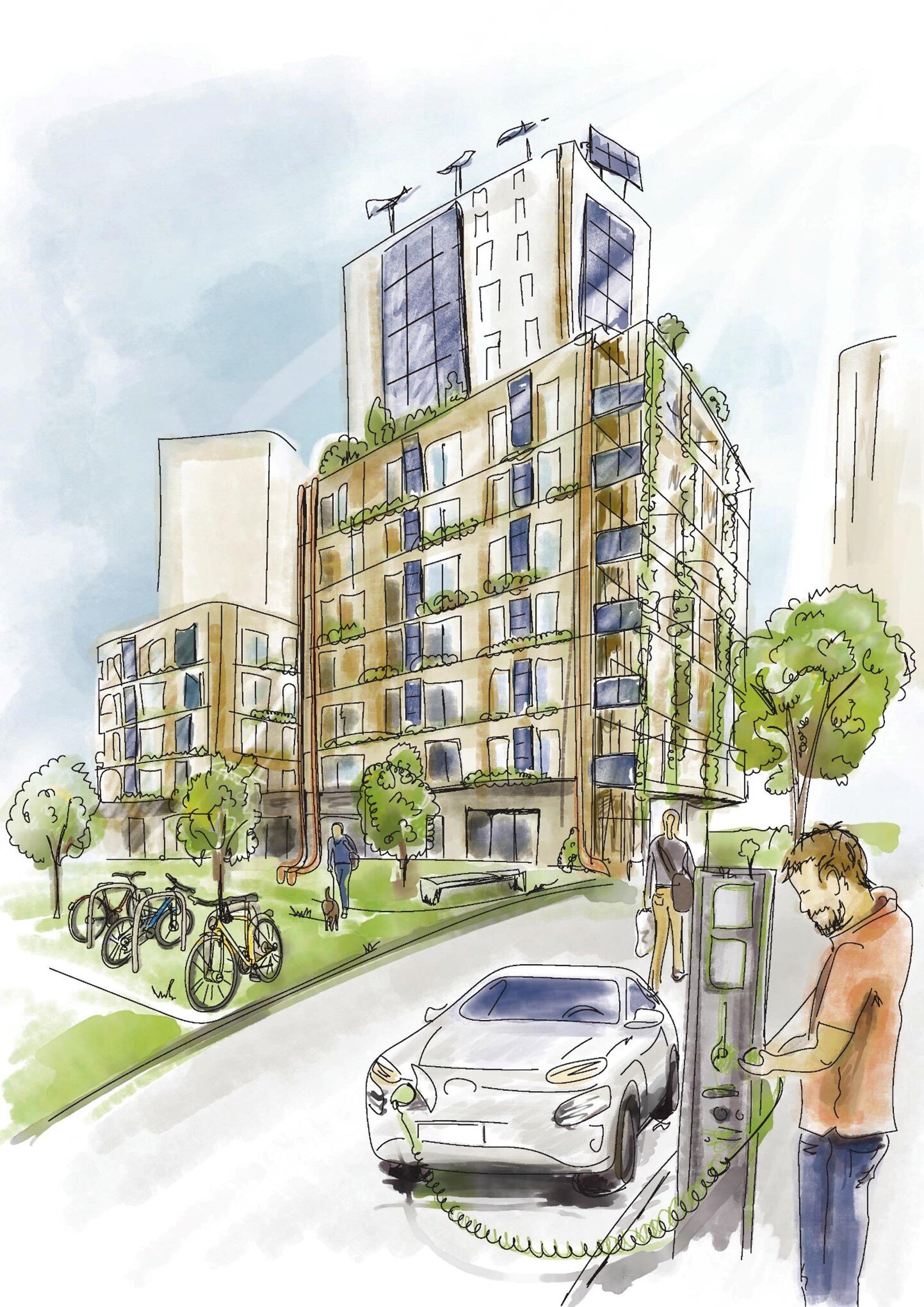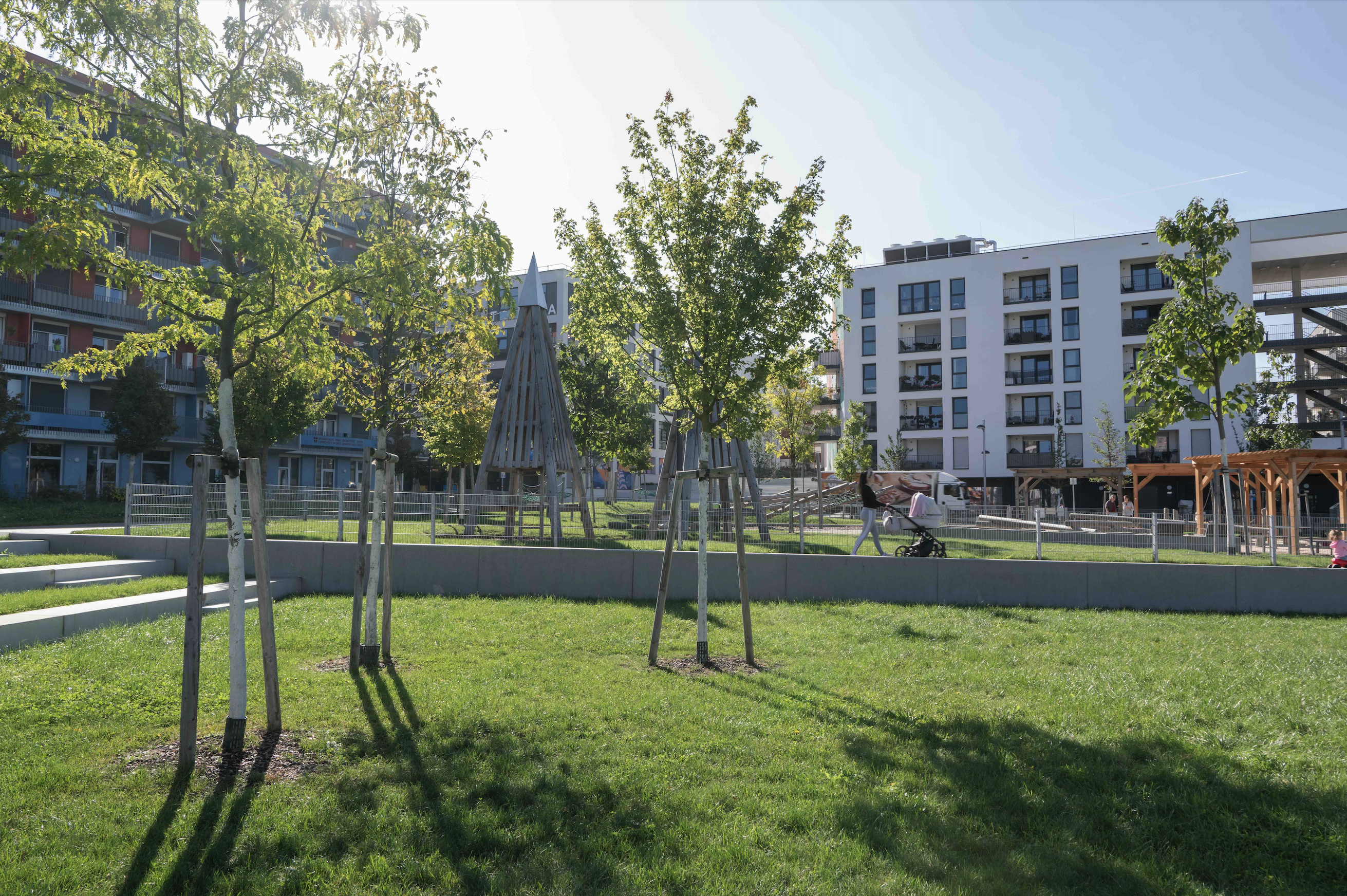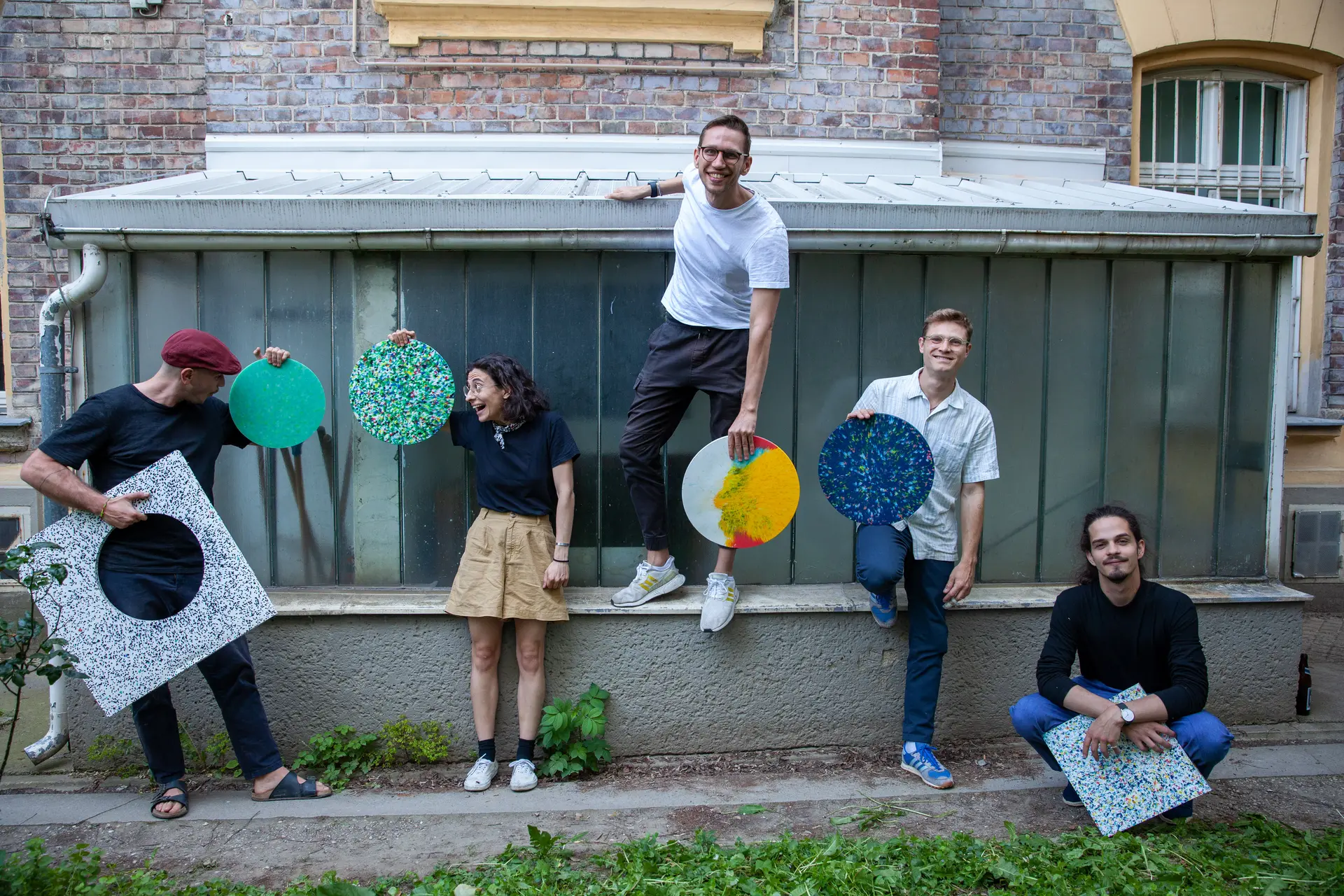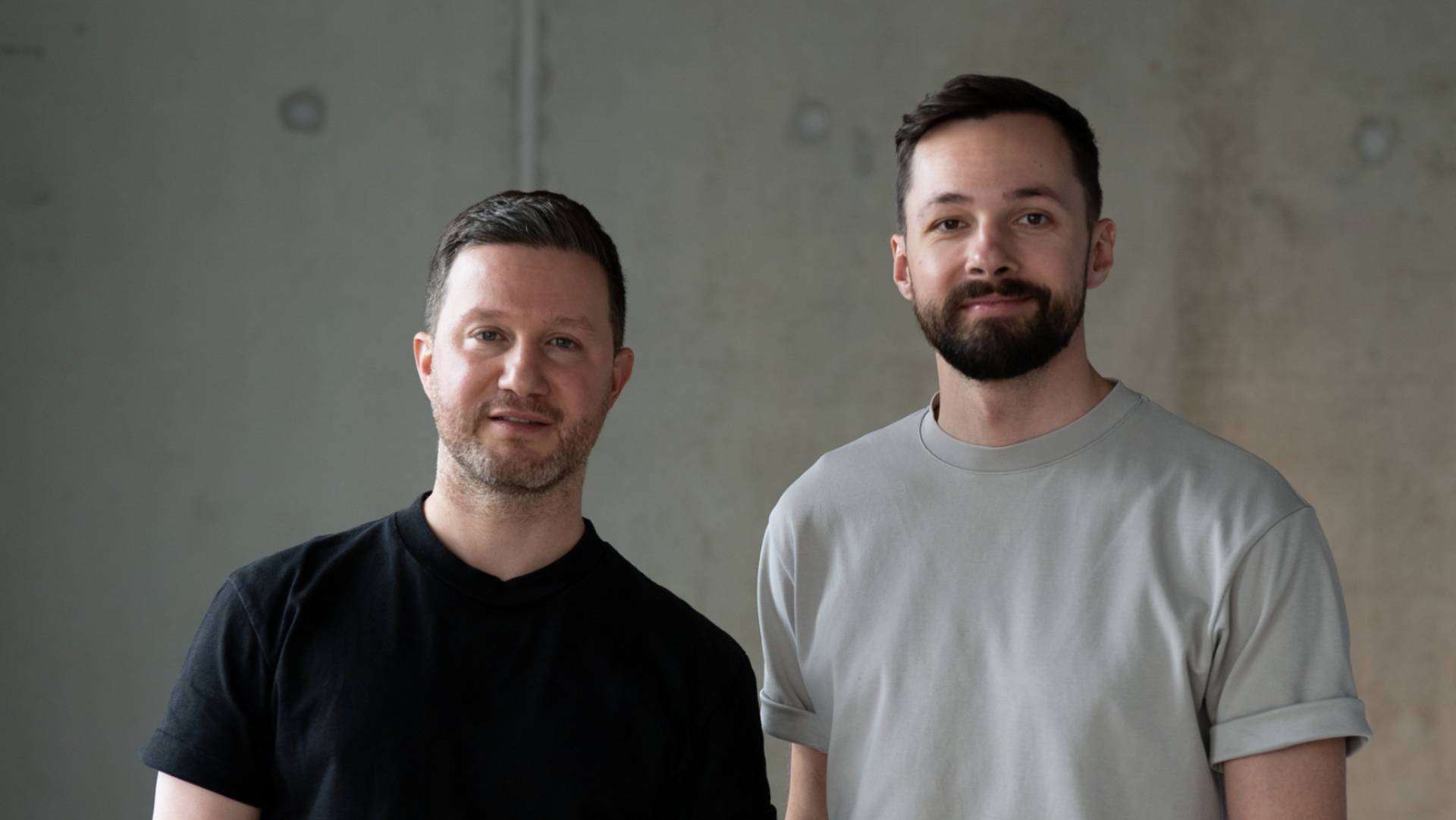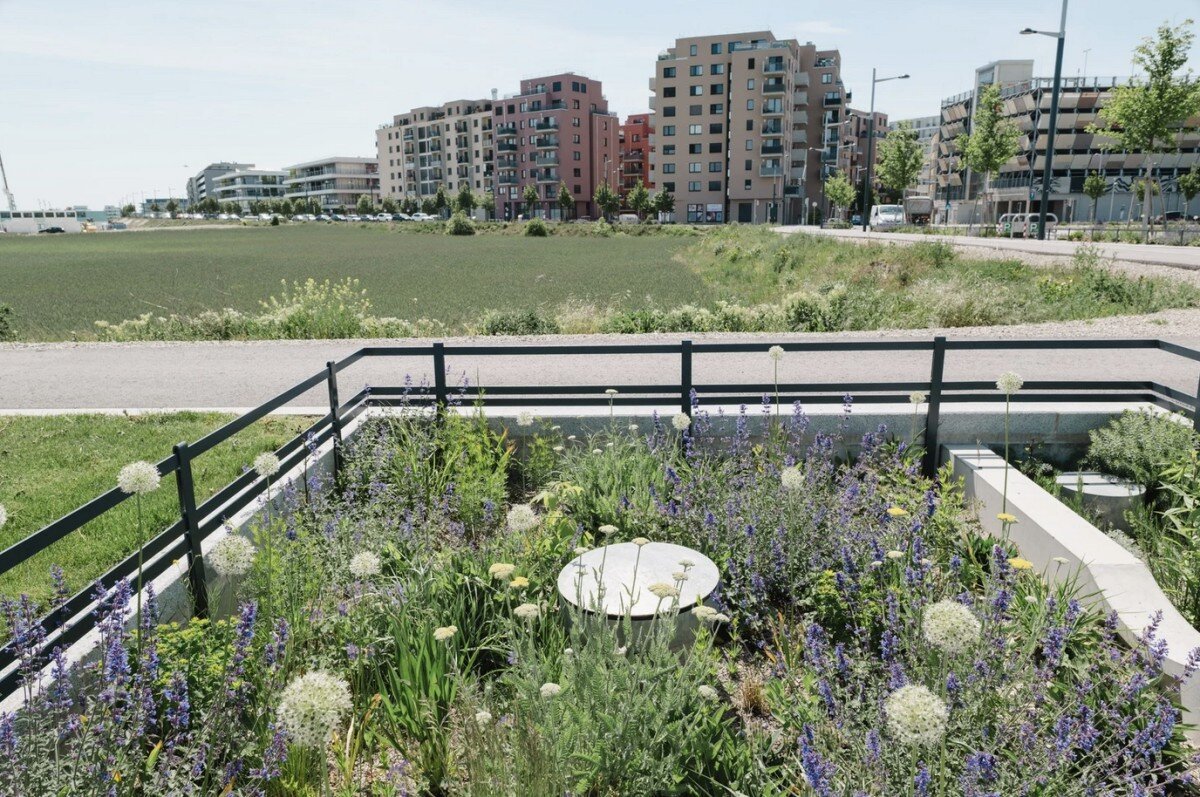Author
Trixie Moradians
Published on 01.02.2022
From the business magazine "Workflow"
02/2022 Urban Creation
In spring 2023, the degree programs at Charlotte Fresenius Private University will begin. Their focus: sustainability. Founding Chancellor Bernhard Sams explains why this is a perfect fit for Seestadt.
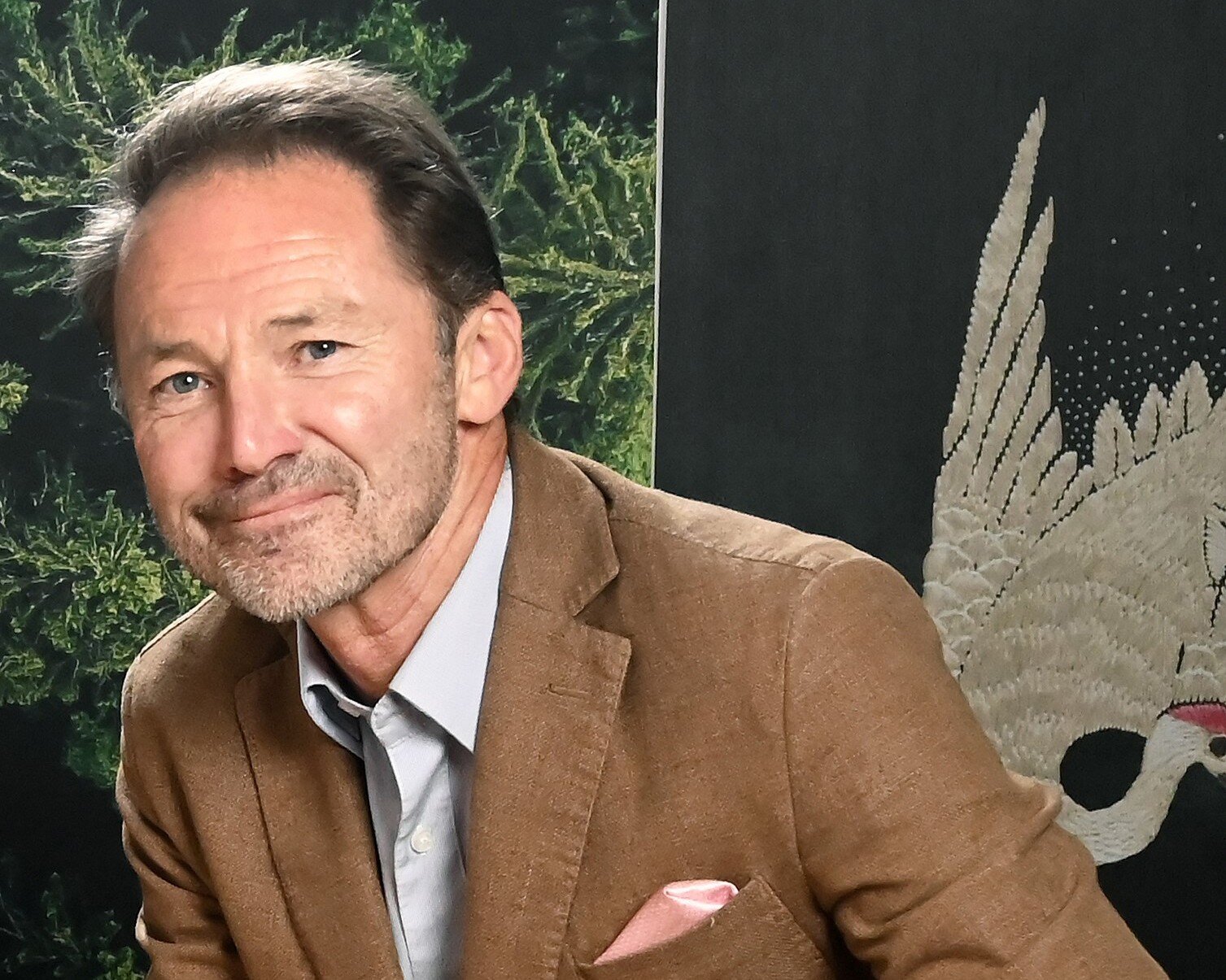
© Christian Jobst
Mr. Sams, Charlotte Fresenius Private University (CFPU) is the first private university in Austria with a focus on sustainability. Why did you choose Seestadt as your location?
It was an exciting discussion we had on this topic: As a university, you usually want to be in the city, if only for visibility. Here, we had to weigh up between a city center location and the sustainability of the place. It was clear that if we wanted to take ourselves seriously, we had to be in Seestadt. It’s exactly the environment that expresses who we are.
In what way?
If you are at home in the field of sustainability, you deal with a wide range of aspects. We always hear about climate depression or climate frustration. These terms reflect the current mood in society.
"The concept of Seestadt represents a realistic hope for climate change: It is a sustainable, livable, and future-proof form of city."
Bernhard Sams
What does sustainable urban development mean for the economy?
Whatever area you approach in this context, it should ultimately be self-sustaining and function without subsidies. Combining sustainability and economic viability means rethinking how we live together. People and nature must ultimately form a unity. Seestadt knows how to unite these two aspects.
Is Seestadt also interesting as a research subject?
We are a start-up with a large parent company behind us, COGNOS Education GmbH. We have locations in all major German cities and now also in Vienna. With our new institute in aspern Seestadt, we are avant-garde, and of course we want to get involved. It’s like bioregionalism: “Where you are, take root and make an impact.” For us, the further development of the city is very exciting because we are moving into an open, evolving environment. We want to become an active, creative part of Seestadt. Seestadt is a real-world laboratory for us, where students can conduct research in very specific areas with companies. It’s a “partnership made in heaven.” Everything we teach students in theory is put into practice here. Here, we can conduct direct field research and experiment, but also see what might not work so well. To see the application of theory, we just have to look out the window.
And which economic fields are opening up in this context?
We are talking about a necessary major transformation. Society and the economy are still a long way from this. With our transformation research, we want to actively drive the necessary shift toward more sustainable thinking and action. To do this, we need to find a way of life that takes people and their environment into account and build livable visions that are tangible—just like in Seestadt. Here, we want to prove that this is a livable and future-oriented alternative.
What do you expect from networking with the various institutions in the Smart City Seestadt?
For us, networking means a lively discourse with all relevant stakeholders. Our institution brings these new approaches to the outside world. We want to be an important partner for our stakeholders, with expertise, heart, and enthusiasm. Even if we can never reach 100 percent of people, our networks will grow. Seestadt forms the epicenter from which all ideas on sustainability will continue to take root. It’s a bit like the good resolutions you make on New Year’s Eve. If you decide to change your lifestyle, live healthier, exercise more, the first thing you need is “accomplices” to support you. If all your friends are couch potatoes, it’s hard to replace old habits with new ones. So you need people who already live these values and pass on this energy. It’s about the spirit that prevails in a community. That’s important to successfully overcome the resistance that comes with change. That’s why major transformation can only work if you seek out a community of like-minded people who give each other the strength and drive to do it. I believe that, alongside laws and regulations for implementing sustainability criteria, this is at least as important a success factor.
When do the degree programs start?
We are starting in the summer semester 2023 with sustainability-oriented bachelor’s programs in Business Administration and Business Psychology. Our USP as a private university is appreciation, with the main focus on the individual. That’s only possible at a small university. We also conduct computer-based competency analyses and regular development meetings. We offer students their own trusted professors and many other opportunities for personal development. We aim for impact, for real effect, and that requires not only knowledge but also a strong personality.

